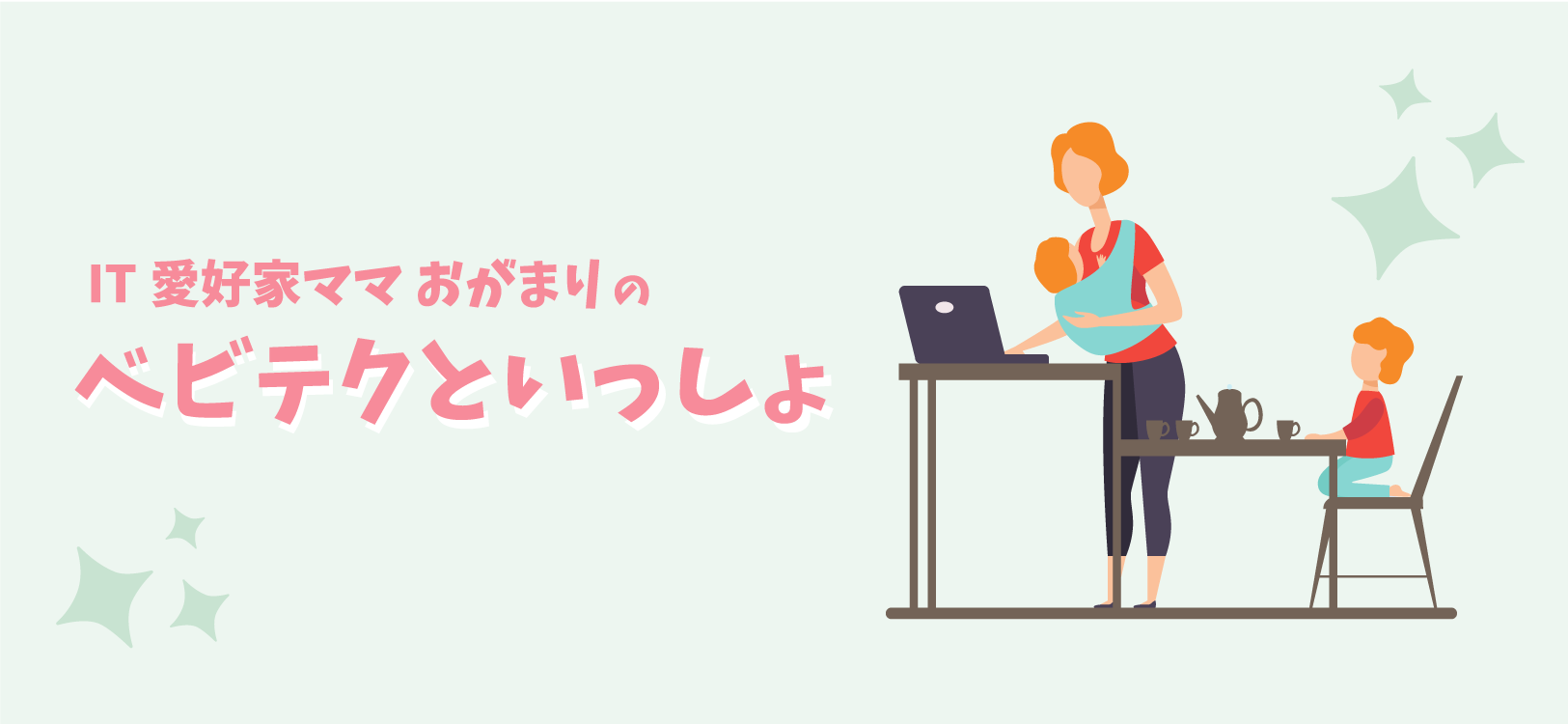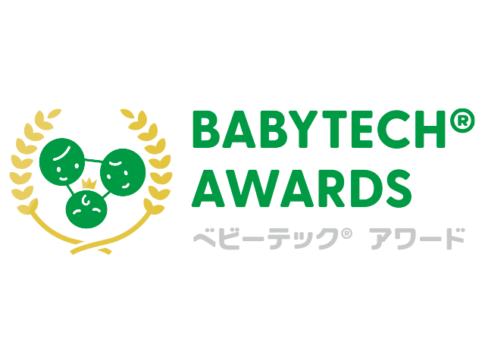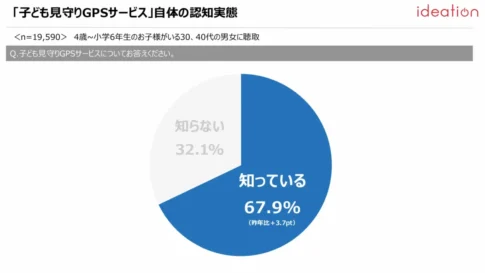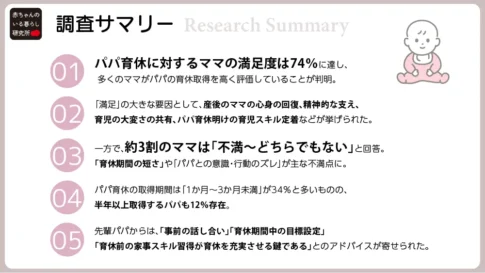- The following is content from the press release -
Luna Baby," an app operated by MTI Corporation that allows mothers to consult with other mothers about concerns related to pregnancy, childbirth, and childcare, has been cooperating with a group led by Professor Daisuke Nishi of the Department of Mental Health, Graduate School of Medicine, University of Tokyo, since November 2019 in the "Prevention of Pregnancy Depression and Postpartum Depression by Fully Automated Internet Cognitive Behavioral Therapy" (the "Study"). The results of this study (the "Paper") have been published in Psychiatry and Clinical Neurosciences (published August 12, 2022, Japan time).
In this study, we introduced the Internet Cognitive Behavioral Therapy ("iCBT") program developed by the Graduate School of the University of Tokyo into "Luna Baby" to evaluate its effectiveness in preventing pregnancy depression and postpartum depression. Although iCBT was not effective for all subjects, it was found to be effective in preventing depression during pregnancy and postpartum for those who had mild depressive symptoms or mental distress at 16 to 20 weeks of pregnancy, indicating that iCBT may be able to prevent depression during pregnancy and postpartum.
[The point of this paper].
- The results of a study to determine whether there were differences in the onset of depression during pregnancy and postpartum between the iCBT group*1 (2,509 participants) and the control group*2 (2,508 participants) among those who were pregnant from 16 to 20 weeks, showed no significant differences between the two groups.
- For those who scored between 5 and 8 points on the K6*3 questionnaire measuring psychological distress at 16 to 20 weeks' gestation, fewer people in the iCBT group developed depression, indicating a preventive effect against the onset of depression.
- The iCBT program may be effective for pregnant women in the second trimester of pregnancy who are experiencing mild depression and emotional distress.
Background and purpose of this study
Depression during pregnancy and postpartum has a significant impact on both mother and child, and prevention from pregnancy onward is desirable. Preventive intervention by professionals in person is not easy from a human resource perspective, and there have been high expectations for iCBT, but until now there has been a lack of evidence for Internet cognitive behavioral therapy during pregnancy and the postpartum period.
Therefore, the purpose of this study was to develop an iCBT program for pregnant women that can be completed in a total of six sessions (5 to 10 minutes per session) and to examine its effectiveness in preventing depression during pregnancy and postpartum.
The results and significance of this study
Of the 5,128 individuals between 16 and 20 weeks' gestation who indicated a willingness to participate in the study, 5,017 individuals who had experienced depression in the past month and those who had previously experienced bipolar disorder*4 were excluded. Study participants were randomly assigned to the iCBT group (2,509 participants) and the control group (2,508 participants) to determine whether they were depressed at 32 weeks' gestation and at 3 months postpartum.
The study found that 59 (2.35%) people in the iCBT group and 73 (2.91%) people in the control group developed depression. There was no significant difference between the two groups (hazard ratio 0.85, 95% confidence interval 0.61-1.20, p=0.362).
On the other hand, for those who scored between 5 and 8 points on the K6*3 questionnaire measuring psychological distress at 16 to 20 weeks' gestation (732 in the iCBT group and 735 in the control group), fewer people in the iCBT group developed depression (10 in the iCBT group and 28 in the control group), indicating a preventive effect on the development of depression (hazard ratio 0.38, 95% confidence interval 0.19-0.79, p=0.004). Hazard ratio 0.38, 95% confidence interval 0.19-0.79, p=0.009).
This study indicates that the program may be effective for pregnant women in the second trimester of pregnancy who are experiencing mild depressive symptoms and emotional distress. However, there are limitations to both effectiveness and implementation, including the fact that no differences were found between the two groups overall, and 37.2% of the 2,509 participants in the iCBT group completed all six sessions of the program, so these points should be kept in mind during implementation.
1 iCBT group: A group of study participants who were offered Internet cognitive behavioral therapy.
2 Control group: The group of study participants who did nothing.
*3 Questionnaire K6: A 6-item self-administered questionnaire measuring psychological distress. There are multiple cutoff values, but some consider a score of 5 or higher to be mild distress, 9 or higher to be moderate distress, and 13 or higher to be severe distress.
4 Bipolar disorder: A recurring illness in which a person goes from a manic state of elevated mood and activity to a depressed and lethargic state of depression.
≪Comments from Professor Daisuke Nishi, Department of Mental Health, Graduate School of Medicine, The University of Tokyo.
This study shows that pregnant women in mid-pregnancy who are experiencing mild mental distress may be able to prevent depression during pregnancy and postpartum by utilizing Internet cognitive behavioral therapy. However, it was not effective for all pregnant women, and this should be kept in mind when implementing it in services. If you experience any mental disorder, please consider consulting your obstetrician/gynecologist, a medical institution, or a public consultation service.
Information on the article
Journal: Psychiatry and Clinical Neurosciences
Title of article: The preventive effect of internet-based cognitive behavioral therapy for prevention of depression during pregnancy and in the postpartum period (iPDP): a large scale randomized controlled trial
Author: Daisuke Nishi, Kotaro Imamura, Kazuhiro Watanabe, Erika Obikane, Natsu Sasaki, Naonori Yasuma, Yuki Sekiya, Yutaka Matsuyama, Norito Kawakami
Click here to see the paper: https://onlinelibrary.wiley.com/doi/10.1111/pcn.13458















MTI's LunaLuna Baby is cooperating with research conducted by the University of Tokyo, in which Internet cognitive behavioral therapy was found to be conditionally effective in preventing pregnancy depression and postpartum depression. It was separately announced that Luna Baby will add a "mental care function" consisting of multiple functions from September 15, and will support mothers who are suffering from problems.
Let's take a look at the details from the press release.